...begins when you work with our team of financial professionals operating within Ventum Finanical Inc., an independent Canadian corporation.
Our switch is always set to ON.
The ON Advantage
As a full-service wealth management team, we endeavour to always act as a trusted partner in each and every interaction with our clients, providing personalized financial advice and strategies to help preserve, grow, and effectively manage their wealth over the long term.
Our guiding principals:
- Client goals are our top priority, and we prioritize those needs above all else.
- Our focus is on providing well-founded advice, enabling clients to make profitable decisions, rather than selling investment products.
- Our independence allows us to offer clients a multitude of investments or corporate solutions that are not tied to one brand.
- As a licensed entity, we offer a comprehensive range of suitable investment options.
- Our recommendations are carefully tailored, taking into account your objectives, preferences, and risk tolerance (refer to Working with You).
The ON Advantage of Experience
We have successfully managed our clients’ investments through all types of markets and many economic challenges. We both bring diverse financial expertise having been in the industry since the mid 1980’s.
More ON Advantages
Orser Neuhaus & Associates works with private corporations and enterprises to take them public or secure private capital through Ventum or other suitable resources.
We can also help our clients with all their major financial decisions, recommending ways to save on taxes, helping them with retirement or succession planning, providing life insurance solutions* and advising on financial strategies that help them achieve their goals.
We know you have worked hard for what you have, so our first goal is to help you keep it.
Depending on your needs and wishes, we work with you to build wealth in your portfolio and reach other objectives, such as planning for retirement or financing a new project. Learn more about our wide-ranging and diverse services on our “Services” page.
Learn More About Us
Our Services
With your investments and our expertise, together, we will go far. We provide services much like a family office – connecting accountants, attorneys and estate advisors.
Our People
With many years of experience in all types of markets, our team has successfully managed clients’ investments through boom times and adversity.
Working With Us
We build long-term relationships with each of our clients to be sure that our approach to managing investments is aligned with your needs and wishes.
Chat With Us
We know it can be hard to find the right wealth management firm. That is why we offer all new clients an in-depth consultation.
We will talk about your portfolio, your goals and build the portofolio that meets your needs.
The ON Blog
TIP: Download your 2023 Income Tax Reporting Guide here, and read our articles on taxes in our Blog section.



Ventum Financial
Orser Neuhaus & Associates operates within Ventum Financial, a leading independent, Canadian-owned and operated private client and capital markets firm. As part of an independent company, Orser Neuhaus & Associates offers unbiased and wide-ranging investment solutions tailored exclusively to meet our client’s needs.
Transparency and plain dealing are the hallmarks of our business. We take pride in getting to know our clients well and being open and direct in all our dealings. In addition, our clients may invest confidently, knowing that Ventum Financial. is a member of IIROC (Investment Industry Regulatory Organization) and CIPF (Canadian Investors Protection Fund).





